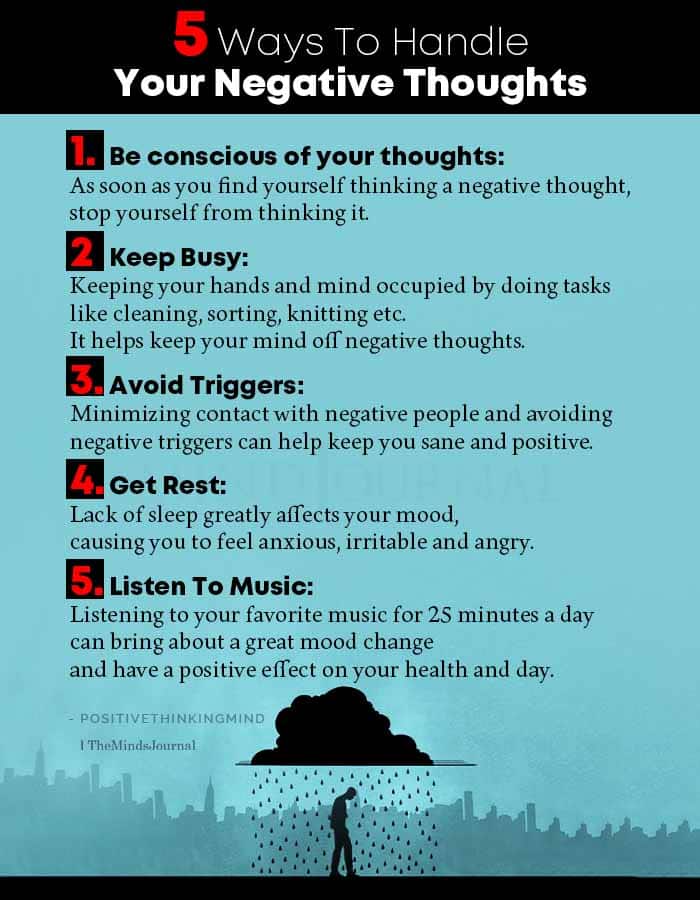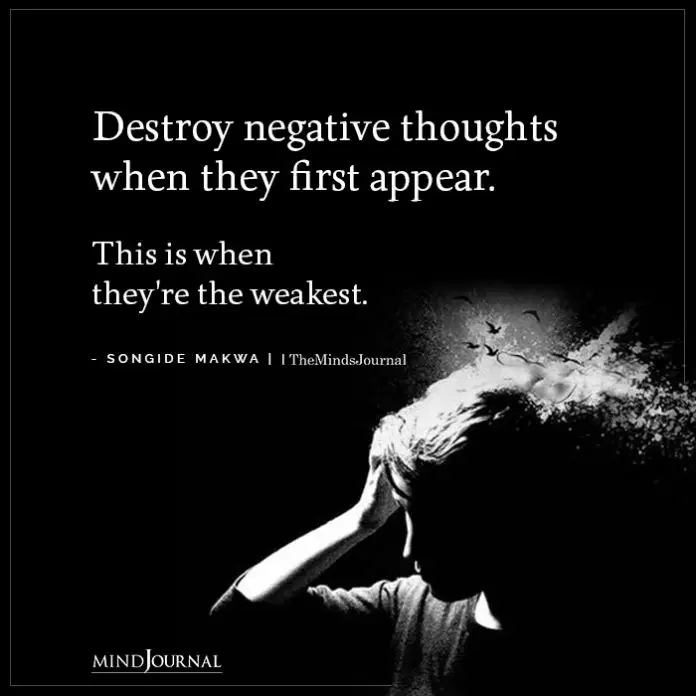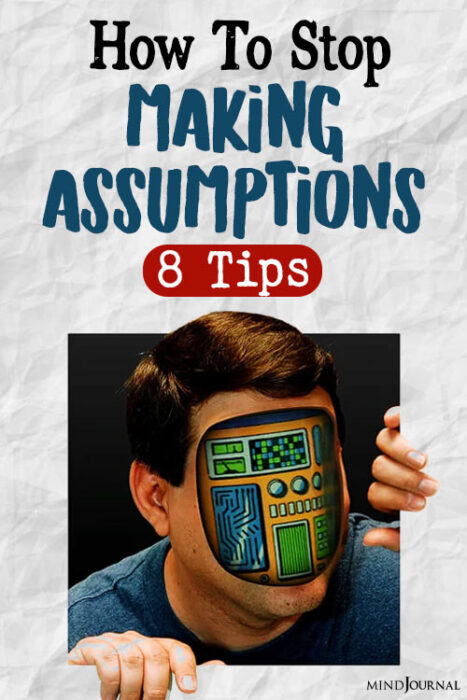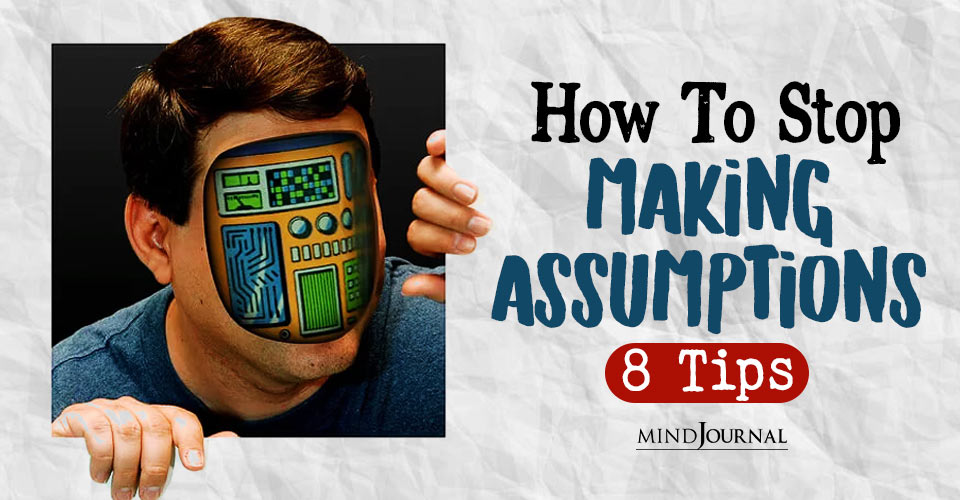Even though making assumptions can seem like a harmless habit, the truth is that indulging in this is really detrimental to your happiness and mental health. Let’s find out why not making assumptions is the right and healthy thing to practice.
Key Points
- Speculative, catastrophic predictions can reduce hope for one’s personal and professional future.
- Allowing assumption making to impact one’s decision-making process can undermine financial development at work.
- Making fewer assumptions provides more bandwidth to operate at peak efficiency to achieve goals.
Over the past year, it seemed plausible that we had turned the corner, and I optimistically assumed that the pandemic was making its final curtain call. Then came the COVID Omicron BA.1 variant, almost immediately followed by the current surge of global cases of the Omicron BA.2 sub-variant.
The World Health Organization recently announced BA.2 is 30-50% more contagious than BA.1. Dim predictions aside, I had already started forecasting how my future might look different.
I was not alone. In an opinion poll by the Pew Research Center (Feb 2021), 47% of the respondents said life will be mostly worse in 2025 than it was before the pandemic, while 39% said life will be mostly better. Another 14% said most people’s lives in 2025 will not be much different if there had been no pandemic.
What’s not an assumption is that over the past two and half years the world has endured unprecedented disruptions, upheavals, and uncertainty, affecting our lives at home and at work. Universally, millions of people have spent more time at home dealing with feelings of hopelessness and fear about our world and future. Making negative assumptions about the future can trigger our gravest fears.
I’ve identified eight prevalent areas of presumptive thinking that can become overwhelming and detrimental to maintaining your mental health. If you can avoid making assumptions in these areas, hope about your future at home and at work will improve.
Related: How to Silence the Negative Voice Inside Your Head
4 Ways to Avoid Making Assumptions at Home
1. Avoid making speculative catastrophic predictions that inevitably can reduce hope for your personal future, marriage, children, and the planet. As human beings, we’re able to adapt, even when our daily lives suffer significant disruption. Shared experiences can impact and result in positive outcomes and innovation, which aren’t catastrophic.
2. Don’t overindulge in fear that we can’t overcome a litany of contributing factors to our volatile economic crisis. Historically, there is no basis for believing there is no hope for recovery. Seek advice from skilled professionals and focus on your finances today, not your fears about the future.

3. If you’re passionately concerned about our sustainability efforts, try to stay in the moment, instead of forecasting a death march. Dedicate yourself to doing something that will help you at home or in your community. Taking responsibility to preserve and protect your environment can help redirect your energy into more positive actions.
4. It’s critical to avoid assumption pitfalls while you’re spending more time at home with family members. Stop expecting or guessing about their non-verbal behaviors. It’s not worth reacting negatively toward them for no reason. If you’re confused, mindfully ask for clarification rather than make presumptions that could exacerbate the issue.
Avoiding assumptions at home is critical to maintaining healthy relationships within your safe space and with the people you love.
Related: 8 Types Of Negative Thinking That Can Destroy Your Peace Of Mind
4 Ways to Avoid Making Assumptions at Work
When you allow assumption-making to infringe on your decision-making process at work, it can undermine and create roadblocks in your professional and financial development. Here are four areas you need to include in your cognitive thought process and strategy to eliminate making assumptions at work.
1. Don’t make assumptions about your potential to secure raises, bonuses, and promotions that may exist in your current circumstances. Make sure your self-evaluation and value assessment are based on facts and supportive evidence that shows working from home has not affected your output. Avoid comparing your situation to your co-workers.
2. Limit and concentrate on making your financial growth projections only at your current position. Avoid making assumptions based on job opportunities that exist outside your work. Research your options thoroughly, and don’t rely on hearsay or undocumented statistical data. Develop your financial growth strategy based on your research and findings.

3. The pandemic may have disrupted your performance level and projections at work. If the remote or hybrid model has impacted your work, be transparent with your manager. Self-assess honestly before your next review about whether the changes have caused discrepancies between your expected goals and how well you performed.
4. If your employer temporarily furloughed or laid off you because of the pandemic, it can’t hurt to stay in touch with your Human Resources Department and supervisor. Don’t assume they won’t restore your position or suggest another opportunity worth pursuing within or outside the company.
Related: Do You Have a Critical Inner Voice? Learn How to Calm The Monkey Mind
It’s essential that you focus your thinking process on the present to avoid negative forecasting, which frequently fuels assumption making. The less you assume, the more bandwidth you’ll have to operate at your peak efficiency.
Once you’ve worked on these areas, your self-confidence and hopefulness will measurably improve. These elements are necessary to sustain a higher level of satisfaction at home and at work.
Want to know more about how to stop making assumptions? Check this video out below!
The print version of Dr. Jennifer Guttman’s debut as an author, Beyond Happiness, The 6 Secrets Of Lifetime Satisfaction will be published by Post Hill Press on May 30, 2023. Pre-order link http://posthill.to/1637587945. You can also pre-order her book at Barnes & Noble – https://www.barnesandnoble.com/w/beyond-happiness-jennifer-guttman-psyd/1142978001
References:
Janna Anderson, Lee Rainie, and Emily A. Vogels, (February 18,2021),"Experts say the ‘new normal’ in 2025 will be far more tech-driven, presenting more big challenges," Pew Research Center by Janna Anderson, Lee Rainie and Emily A. Vogels Charles Schmidt, (April 4, 2022), "What We Know About Omnicron's BA.2 Variant So Far," Scientific American
Written By Jennifer Guttman Psy.D. Originally Appeared On Psychology Today









Leave a Reply
You must be logged in to post a comment.